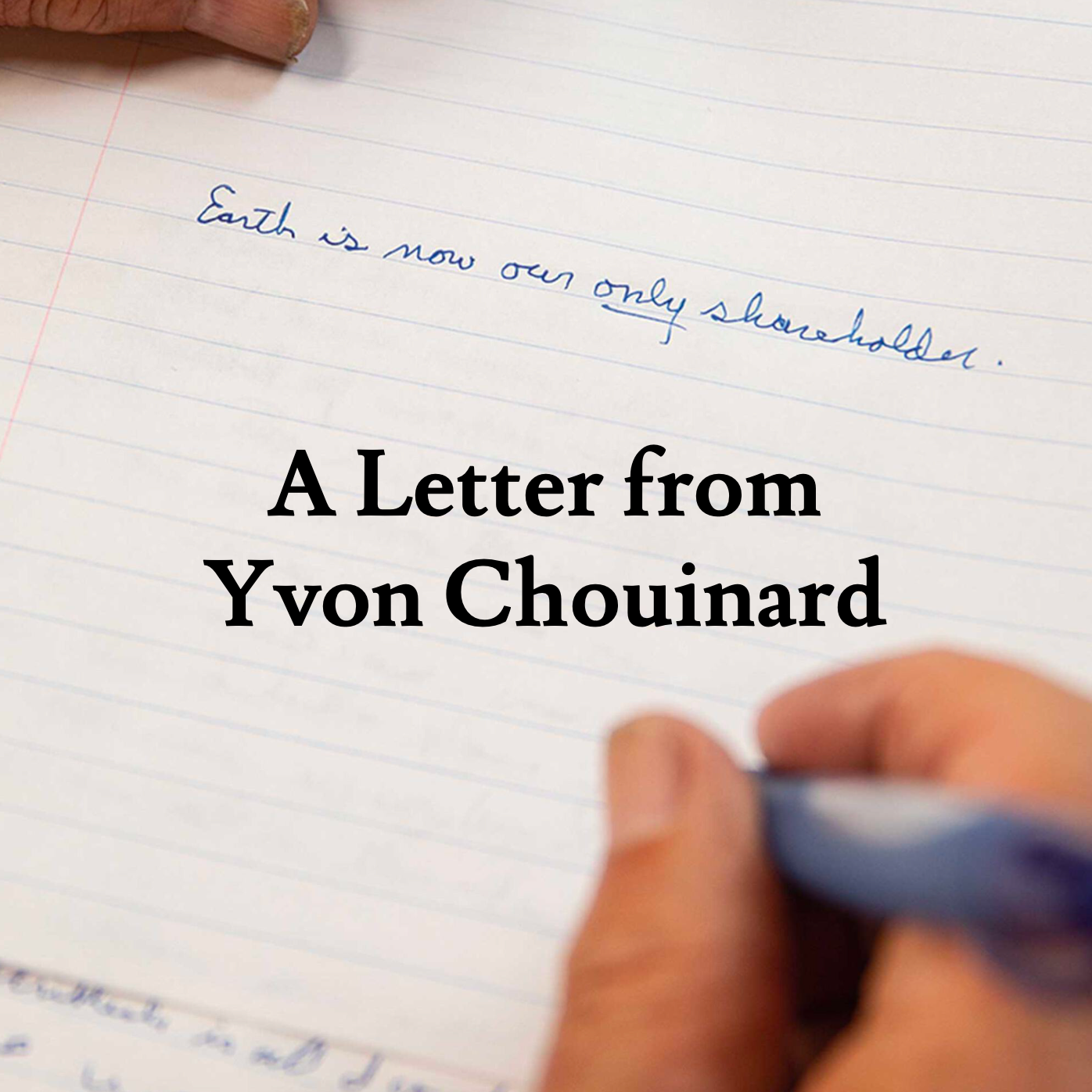Across nine years with the Bob Brown Foundation – and prior to that, 13 years as the co-founder of the Huon Valley Environment Centre – Jenny Weber has co-ordinated hundreds of direct-action campaigns in now World Heritage-listed forests and built up a reputation as the quintessential Tasmanian logging protester. While she typifies the hardiness, the inventiveness and the persistence that’s needed to fight logging in its most established strongholds, she’s also articulate, quietly spoken and capable of doubt. She often returns to questions to see whether her logic has held up. She is, in many ways, the antithesis of the ‘rabid greenie’ stereotype so favoured by the industry and sectors of the media. And then there’s the question of whether she’s a Tasmanian at all…
Living in Wollongong, and heavily into live music and surfing, there’s every chance Jenny’s life may have followed a different path. Her partner Adam Burling was working with the Wilderness Society, and it was he who turned the corner first. “He wanted to go to Tassie,” Jenny explains, “to see wild places, forests. I was like – ‘Why go there? It’s got no live music and no surf.’ I’d never been there, you see. And I was one of those New South Wales people who’d forget to put Tasmania on a map of Australia.” She theorises that those perceptions of isolation have a lot to do with why the rest of Australia doesn’t have Tasmania on their mental maps of things that matter.
They moved in 1998, and when the time came to settle there, they drew a circle around Hobart, wanting to be close to the city but also to the forest. In the end, the perfect compromise was a little town called Huonville, down the Huon Valley about 40 minutes south of Hobart. The move meant a long hiatus in Jenny’s surfing days. “We’d moved to a forest and we had nothing to do with the sea at all in those early days. We immersed ourselves in trees and rivers, and I think it tapped into some similar part of me that was previously the ocean.”
Which brings us back to the matter of being a local. It's been a quarter-century for Jenny and Adam, but are you ever really a Tasmanian if you’re a transplant? “It’s funny,” she says, “I don’t feel Tasmanian. I feel like I’m still a Wollongong girl, but I don’t really think in those terms anyway. Deep down I suspect I belong in New South Wales, but my two children (Ruby, 20 and Finn, 14) deeply consider themselves Tasmanian. And I can’t imagine myself being anywhere else in the world.”
That sense of being slightly removed means that Jenny can chuckle now and then about Tasmanian eccentricities, and still be shocked by the destruction she sees around her. “People from elsewhere come to the Tarkine to help out, or to learn, and they say, ‘Why do they log the forests?’ I don’t even think about the why anymore.”










